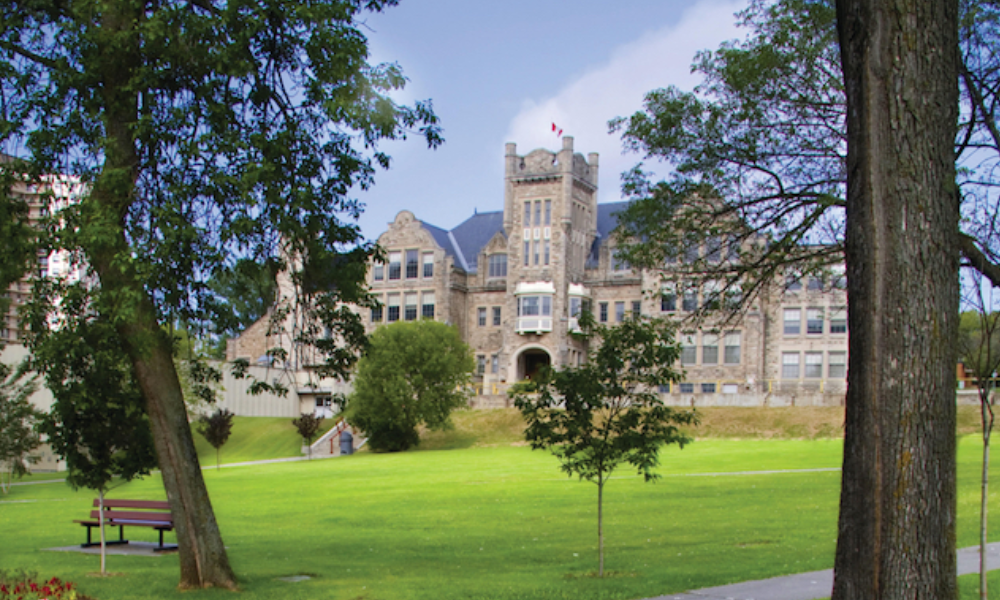
Funding announced for Indigenous law-making project of Association of Iroquois and Allied Indians

The federal government has announced funding of up to $918,270 over three years to the projects of the Association of Iroquois and Allied Indians and of Lakehead University’s Bora Laskin Faculty of Law promoting Indigenous laws and law-making institutions.
David Lametti, federal justice minister and attorney general, alongside Patty Hajdu, federal health minister, and Peter Fragiskatos, Member of Parliament for London North Centre, announced the funding through the federal justice department’s Justice Partnership and Innovation Program.
“We are committed to support the revitalization of Indigenous laws in Ontario and work in partnership with Indigenous peoples to better understand and apply Indigenous laws to strengthen communities and increase access to justice,” said Lametti in the news release.
The Indigenous Law-Making Research and Implementation project of the Association of Iroquois and Allied Indians has a first phase that involves collaboration with the communities to improve the traditional laws and law-making processes of the Lenape, Mohawk, Oneida and Anishinaabe Nations, as well as a second phase consisting of a pilot project seeking to re-establish law-making institutions, to start the process of developing laws and creating the needed capacity and community network for sustainably supporting these Nations’ law-making institutions.
“As we begin the work required to rebuild capacity for our own legal processes, it is important for us to focus on what is inherent, what was given to us through Creation, and what we need to be able to carry out our responsibilities as Indigenous Nations for the generations yet to come,” said Grand Chief Joel Abram of the Association of Iroquois and Allied Indians.
The Maamawi Bimosewag - They Walk Together project aims to work toward the launch of the Indigenous Law and Justice Institute at Lakehead University’s law school, which aims to build
relationships and to partner with regional First Nations communities, tribal councils and the Métis Nation of Ontario for the revitalization of Anishinaabe and Métis Law; to offer land-based and partnered learning opportunities for community members and law students, as well as continuing legal education opportunities for the regional practising bar and the judiciary; and to promote research supporting revitalization and curriculum development initiatives.
“The Bora Laskin Faculty of Law is excited to expand its reconciliation initiatives, and we are grateful to Indigenous communities and organizations and the federal Department of Justice for their leadership and support,” said Jula Hughes, dean and professor of the Bora Laskin Faculty of Law.
The announced funding is in line with the federal government’s commitment to revitalizing Indigenous laws in Ontario through a shared path of reconciliation and safeguarding Indigenous peoples’ right to self-determination. It is also in line with the federal government’s response to the Truth and Reconciliation Commission’s Call to Action 50, which in turn aligns with the United Nations Declaration on the Rights of Indigenous Peoples.
“Responding to the Truth and Reconciliation Commission’s Calls to Actions remains a key commitment for our government,” said Hajdu.